Seminars
Upcoming Seminars
Stay tune!
Past Seminars
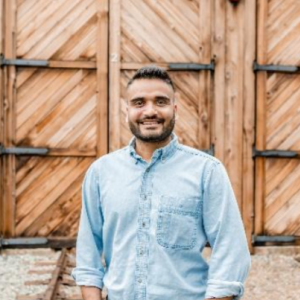
The Art and Science of Decision Making and its Application to Lifecycle Asset Management
November 29, 2023 - 12:00 pm
Speaker: Dr. Mayank Chadha
With growing urbanization, aging infrastructure in the developed world, and the rapid expansion of infrastructure portfolios in developing countries, there is a demand for a modern and novel asset management framework. This framework should be underpinned by the science of SHM, empowered by digital technology and artificial intelligence. It must be capable of addressing the inherent uncertainties in complex systems and utilize state-of-the-art decision-making capabilities to ensure the seamless operation and safety of asset portfolios.
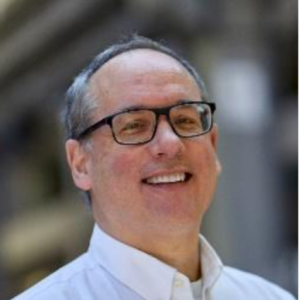
A Blessing and a Curse: The History and Application of The Building Code
November 27, 2023 - 12:00 pm
Speaker: John M. Hochwalt, S.E.
In practice, the building code can be a blessing – representing a treasury of wisdom about the design, construction, and performance of buildings. It can also be a curse – confusing to understand, challenging to apply and restricting of innovation. Why is this so? Is there a better way?
Our exploration of the history and application of the building code will start with considering the how engineers think about the building code through a series of metaphors, and then proceed to consider the following questions:
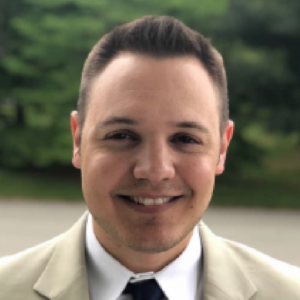
A Brief Overview of Single Family Home Design and Residential Structural Engineering
November 15, 2023 - 12:00 pm
Speaker: Nicholas Martignetti and Richard J. Zabel
Mulhern + Kulp is a full-service structural engineering consulting firm, providing services to architects, builders, and developers nationwide. As one of the largest firms in the residential industry, they specialize in wood framed design, particularly single-family homes and townhomes. The speakers will review some general wood construction knowledge, go over construction roles and the people involved, outline the design services provided by Mulhern + Kulp, and discuss the importance of structural engineering in residential design.
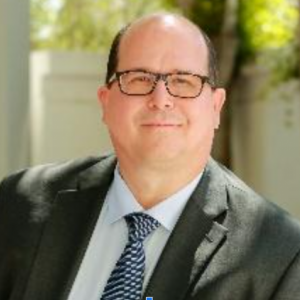
San Diego Airport Terminal 1 Design and Base Isolation Seismic Retrofit of LA County Headquarters
November 13, 2023 - 12:00 pm
Speaker: Matthew Skokan, Robert Randall, and Doug Noteware
This seminar will focus on the technical aspects of two challenging projects designed by Saiful Bouquet. The first is the $2.7 billion San Diego International Airport Terminal 1 Replacement Project, in which Saiful Bouquet designed the foundation systems for the building as well as for the sequential demolition of the existing Terminal 1 structure, and relocation and seismic strengthening of a historic hangar building. The new Terminal 1 structure is founded on an auger cast pile (ACP) system.
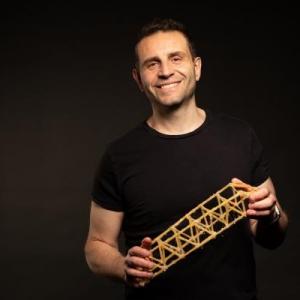
The Collapse of the Morandi - One of the Most “Iconic” Italian Bridges: Chronicle of a Death Foretold?
November 08, 2023 - 12:00 pm
Speaker: Prof. Alessandro Palermo
On 14 August 2018, the Ponte Morandi, part of the Polcevera Viaduct in Genoa, Italy, partially collapsed without warning killing 43 people. Despite starting to show signs of deterioration in the 1990s and a number of proposals to replace the bridge in the intervening years, few initiatives were undertaken in a meaningful manner. The presentation explores the background and design philosophy for the Genoa bridge, overviews the construction and design of the bridge and highlights the possible causes of the collapse.
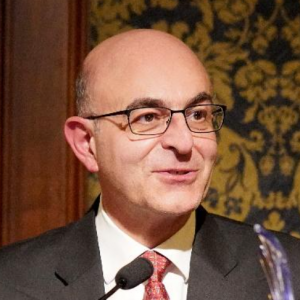
Ultralight Deployable Space Structures
November 06, 2023 - 12:00 pm
Speaker: Prof. Sergio Pellegrino
We are developing novel deployable spacecraft structures for the Caltech Space Solar Power Project. Inspired by classical architectures for square solar sails, we proposed a modular, scalable structural concept that exploits a kirigami-based coiling scheme to achieve compact packaging. Its structural modules consist of coilable longerons connected by battens, to form ladder-like space frames.
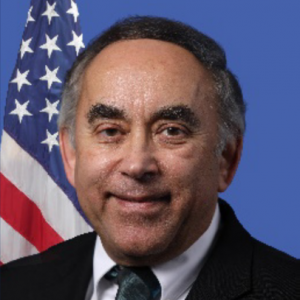
Certifying Innovative Composite Applications
November 01, 2023 - 12:00 pm
Speaker: Dr. Larry Ilcewicz
This presentation summarizes existing practices for composite aircraft certification, with an emphasis on structural aspects, and discusses the limitations and lessons learned from today’s “traditional” composite structures. It describes procedures that can be used to certify advanced materials and processes which may have increased levels of variability, unfamiliar structural performance, nonclassical (e.g., nonlocal) behavior, and randomized properties.
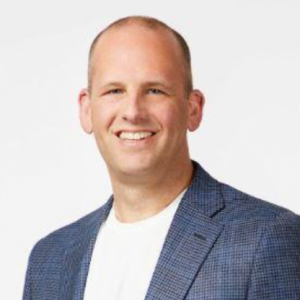
Design Construction
October 30, 2023 - 12:00 pm
Speaker: Eric Long and Kevin Chang
The successful completion of a project depends upon the integration of architectural design, structural detailing, and construction methods, with the most impactful ones born out of a synergy between the three stakeholders. This collaborative approach can also lead to material savings for the client as well as a reduction in the embodied carbon of the completed structure.
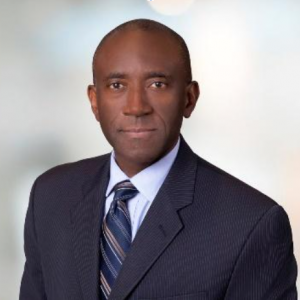
Leaning on the Past to Predict the Future – A Structural Engineering Perspective
October 25, 2023 - 12:00 pm
Speaker: Dr. Chukwuma Ekwueme, PE, SE, LEED AP
Dr.Ekwueme will present overviews of projects he has worked on over a thirty-year career as a structural engineer focusing on the design of new buildings, the seismic retrofit of existing buildings, and forensic investigations after earthquakes and other catastrophic events. Projects to be discussed include the design of the new airport traffic control tower in McCarran International Airport in Las Vegas, the seismic retrofit of the First Church of Christ in Pasadena, and the investigation of the collapse of the World Trade Center towers in New York. With each project, Dr.
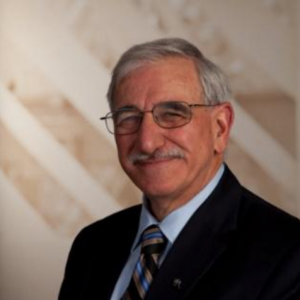
Repair of San Francisco’s Leaning (Millennium) Tower
October 23, 2023 - 12:00 pm
Speaker: Ron Hamburger
Constructed in 2005-2009, the 58 story Millennium Tower, located at the corner of Fremont and Mission Streets in San Francisco, has settled more than 17 inches and tilted nearly 30 inches to the northwest. Litigation initiated in 2016 with homeowners seeking damages from the original development team and other parties. Under negotiated agreement, a $100 million foundation upgrade has been completed to arrest building settlement and allow for gradual recovery of tilt. The upgrade, completed in August of this year, involved installation of 18 new piles, extending to bedrock, around the bui
